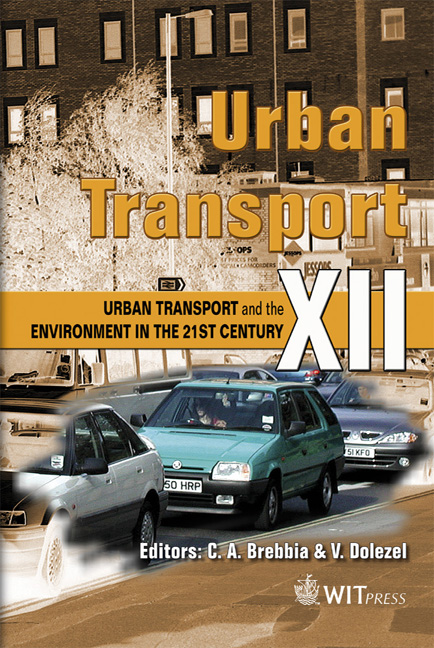Urban Congestion Charging: Road Pricing As A Traffic Reduction Measure
Price
Free (open access)
Transaction
Volume
89
Pages
10
Published
2006
Size
415 kb
Paper DOI
10.2495/UT060891
Copyright
WIT Press
Author(s)
W. Heyns & C. B. Schoeman
Abstract
Although traffic congestion is recognised as a major problem, the implementation of congestion reducing measures eludes most metropolitan areas suffering from traffic congestion, as many oppose the notion of being charged. Despite the best efforts of transport planners and economists, such measures have unwanted affects on the urban environment in which we live. It is therefore essential to implement congestion reducing measures with full knowledge of its likely effects as to overcome the majority of obstacles to implementation. This paper reports the results of an empirical investigation in London and formulates initiatives in the form of a package approach aimed at alleviating the negative effects of road pricing, whilst supporting sustainable development and nurturing public and political acceptance. The paper concludes that the key to dealing with the effects of road pricing, is developing an approach considering a range of differing initiatives, coordinating and managing them in the realm of the political-economic context in which they exist based upon recognising local perceptions, concerns, aspirations and solutions. Keywords: road users, multi criteria analysis, revenue recycling, road pricing, transportation demand management, urban congestion charging, work schedule flexibility. 1 Introduction Traffic congestion is a serious problem affecting most urban journeys around the world, as road user demand outstrips the supply of road space. As a result a number of alternative measures have been suggested to resolve the congestion
Keywords
road users, multi criteria analysis, revenue recycling, road pricing, transportation demand management, urban congestion charging, work schedule flexibility.





